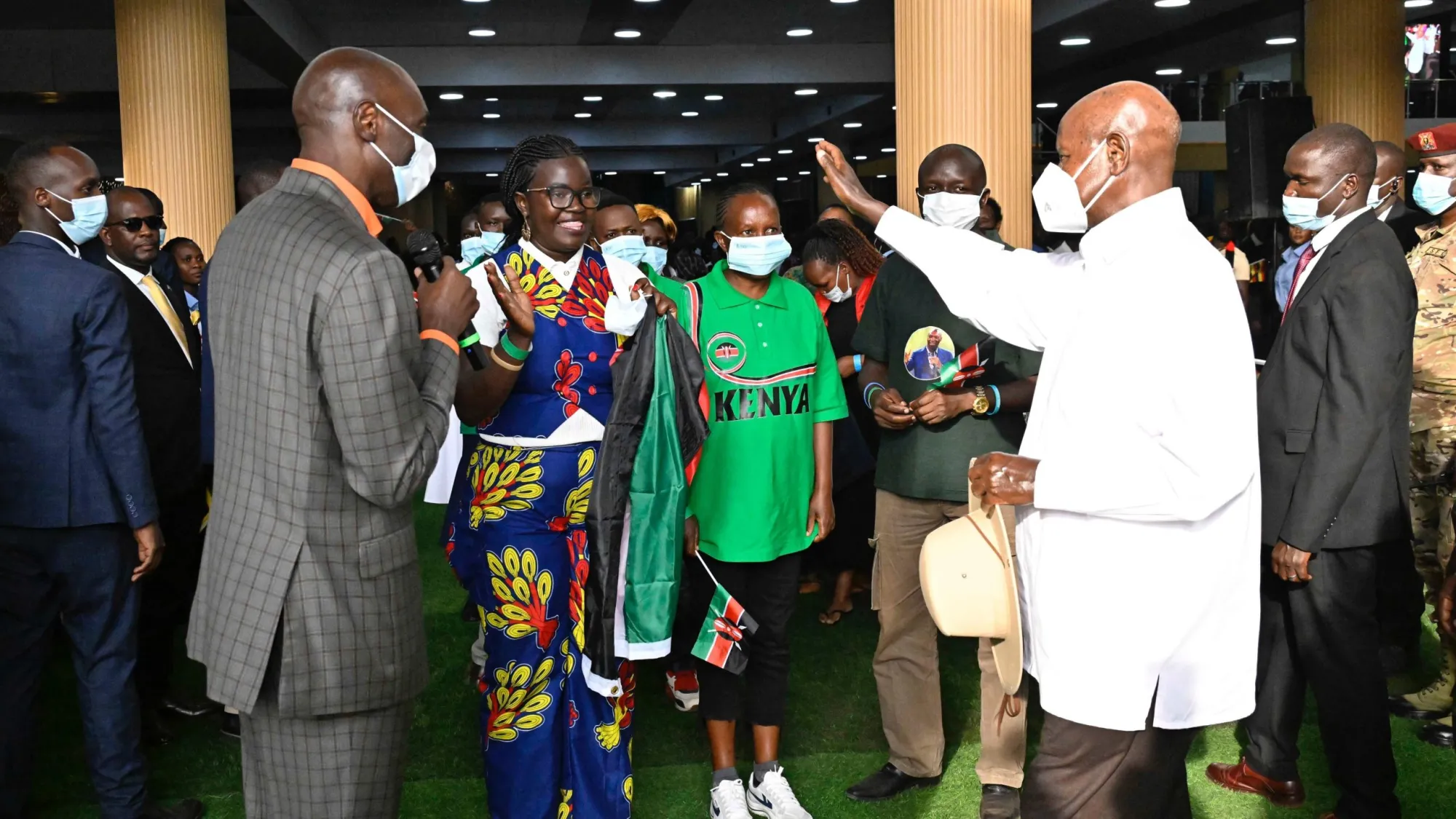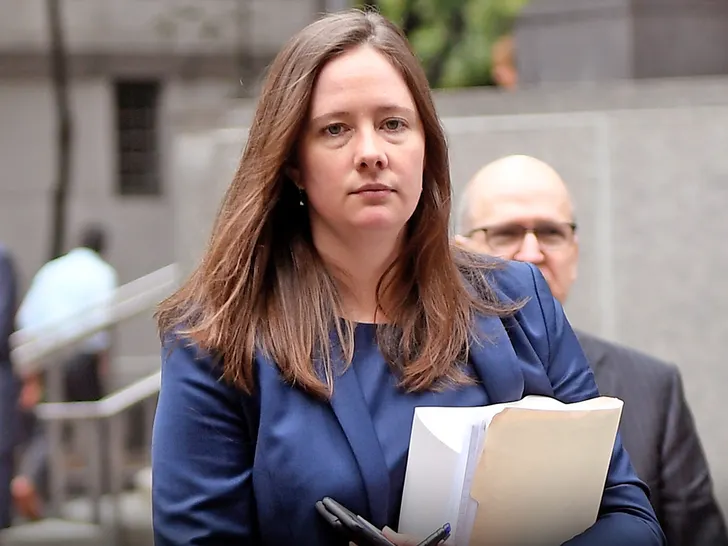President Museveni Announces Plans to Validate Religious Miracles and Monitor Healing Claims
President Yoweri Museveni has announced that the Ugandan government will begin validating religious miracles to ensure public safety and uphold legal and ethical standards. Speaking at the commissioning of Prophet Samuel Kakande’s Temple Mount Church of All Nations in Mulago, Kampala, Museveni emphasized the need to balance religious freedom with public health protections.
Miracle Validation: Balancing Faith and Regulation
Museveni highlighted the government’s role as a “quality controller”, tasked with verifying claims of miraculous healings. He compared the process to the oversight provided by the Uganda National Bureau of Standards (UNBS) for industrial products.
“Those stories are there,” Museveni said, referring to claims of miraculous healings. “Now in your case, if you heal, the government is a quality controller… For healing, there are professional health bodies that must be involved.”
Museveni cited a specific example from a TV broadcast, where a man claimed his mother had been miraculously healed of cancer 43 years after doctors declared it incurable.
Holy Water: Free Faith vs. Commercial Business
The President also addressed the issue of “holy water”, often believed to possess healing properties. He referenced notable examples, such as water from Namugongo and the Bishop Hannington Centre in Busoga, where believers claim miraculous healings.
Museveni clarified that while using holy water for free poses no problem, selling it for profit transforms it into a commercial product subject to government scrutiny.
“Fine, if it is free water, you take it. If you’re healed, there’s no problem. But if you’re selling the water, that’s a business now. We are going to study that water.”
Government’s Role: Ensuring Public Safety
The President’s statements underscore a growing effort to regulate religious practices that intersect with health claims and commercial activities. By involving professional health bodies, the government aims to protect citizens from potential exploitation while still respecting religious freedom.
Public Reaction
Museveni’s announcement has sparked mixed reactions. Supporters believe the move will prevent fraudulent claims and ensure ethical standards are upheld, while critics argue that it could infringe on personal beliefs and religious liberties.
Conclusion
As Uganda looks to validate miracles and monitor the commercialization of holy water, the government’s involvement seeks to strike a delicate balance between faith and accountability. With Museveni positioning the state as a “quality controller,” this initiative could reshape how religious healing practices are viewed and regulated in Uganda.














